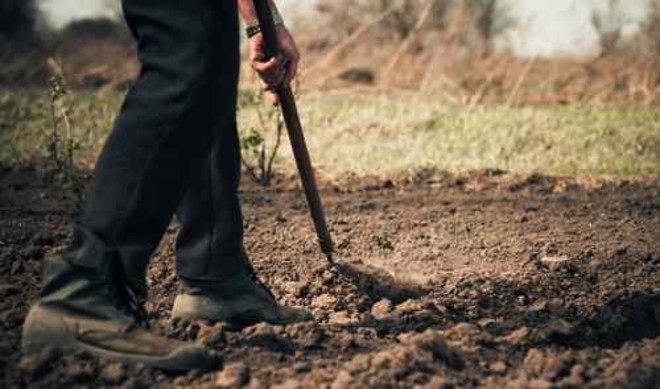Ironically, farmers, who are most in need of information about the future of food, agriculture, and rural development, have the least access to it. This fact is the most striking, and perhaps the most challenging, conclusion of an inventory of recent foresight studies conducted through the Global Forum for Agricultural Research (GFAR).
Foresighting capacity—the ability to engage in a systematic, participatory, and multi-disciplinary exploration of alternative mid- to long-term futures and drivers of change—is unevenly distributed worldwide. Rural civil society and farmers organizations do not lead, nor do they manage futures studies. Typically, these studies are led by international organizations or research institutions in industrialized countries and they often don’t involve the participation of farmers. As a result, the question is how can farmers make their voices heard both at local and global level when the great challenges of the future, such as climate change, are discussed and used to shape policies and investment priorities in research and innovation? And who can better contribute to answering the question about who will be farming in the future than farmers themselves?
GFAR is supporting farmers organizations across the world in developing a grassroots foresight initiative to include farmers in the research and decision-making process. This initiative has two goals. First, it aims at the local empowerment of farmers’ organizations to lead local foresight and engage local stakeholders in the definition of desirable actions, driven by a better understanding of local challenges and implications of different policy options.
Secondly, through a bottom up process, the initiative will enable farmers organizations to call the attention of, and inform, the international community on how farmers see the future of smallholder and family farming. This will bring a new, exciting dynamic into current conversations about the future of agriculture and rural development.
The fundamental principle is that farmers organizations and associations locally lead and manage this initiative which consists of local foresight capacity building, local implementation of a grassroots foresight, and consolidation at a global level.
Twenty local grassroots foresight initiatives are planned this year and key farmers organizations including the Asian Farmers Association (AFA), the Pan-African Farmers Organization (PAFO), and the Coordination of Family Producers Organizations of the Mercosur (COPROFAM) are willing and ready to engage in this initiative. These organizations are the most important regional bodies representing family farmers. COPROFAM represents 35 million rural workers, family farmers, peasants, and indigenous people. AFA has 13 member farmers organizations from 10 countries in Asia representing more than one million farmers. PAFO and its sub-regional platforms represent several hundred million of farmers in more than 40 African countries
At the local level, farmer organizations will develop new knowledge to engage with local stakeholders in actions towards more better futures for smallholder and family farmers. The results will also provide ground for engaging farmer organizations in local dialogues and actions about climate change, information and communication technologies, urbanization, transformation of diets, and food insecurity.
Through GFAR, US$200,000 is being invested to support this initiative for 2014-2015. However this amount is not sufficient to meet the US$650,000 investment required for implementing and consolidating all the grassroots foresight cases which would enable farmers to create their own future.
For investments in agricultural research and innovation system to benefit small and family farmers, delivery of research results and innovation is also key. But delivery is not a science, nor a technical question, it is about human processes and interactions, about being problem driven and about iterative adaptation.
Foresighted farmers are needed because they are true and competent partners and actors in the ways research is shaped and delivered. Investing in foresighted farmers is key for the future agriculture, food and rural development.
Posted also on Food Tank.
Picture credit: Shutterstock

